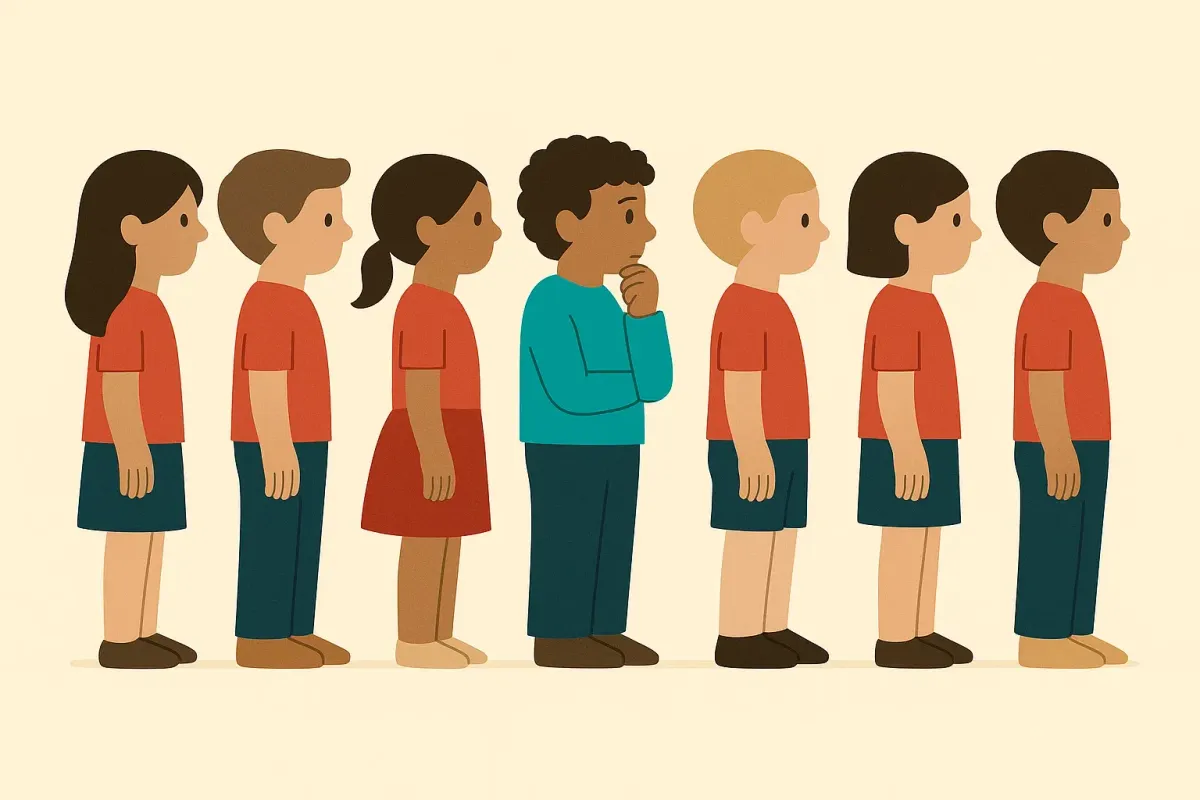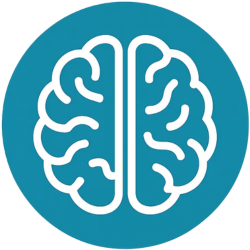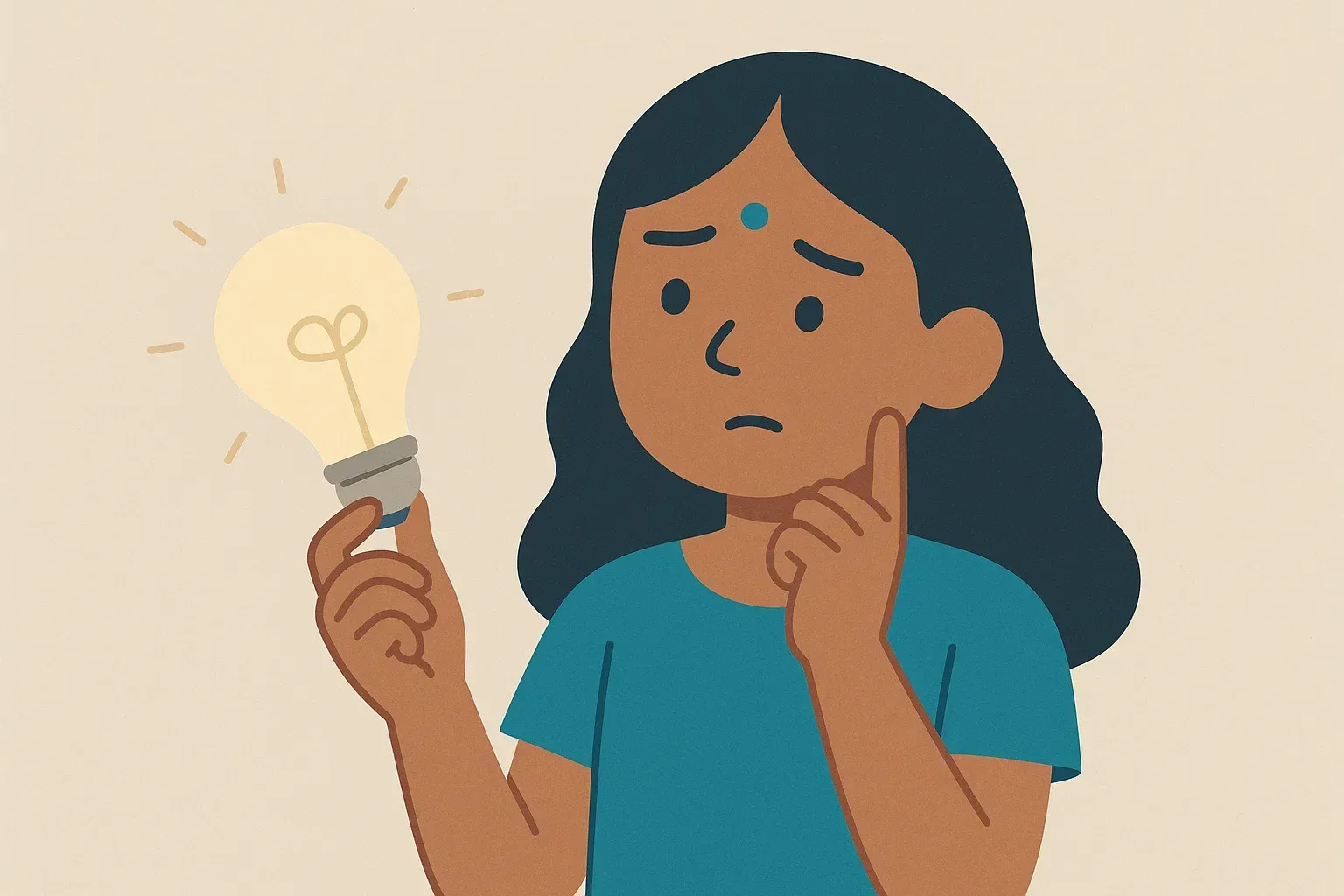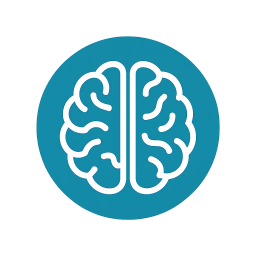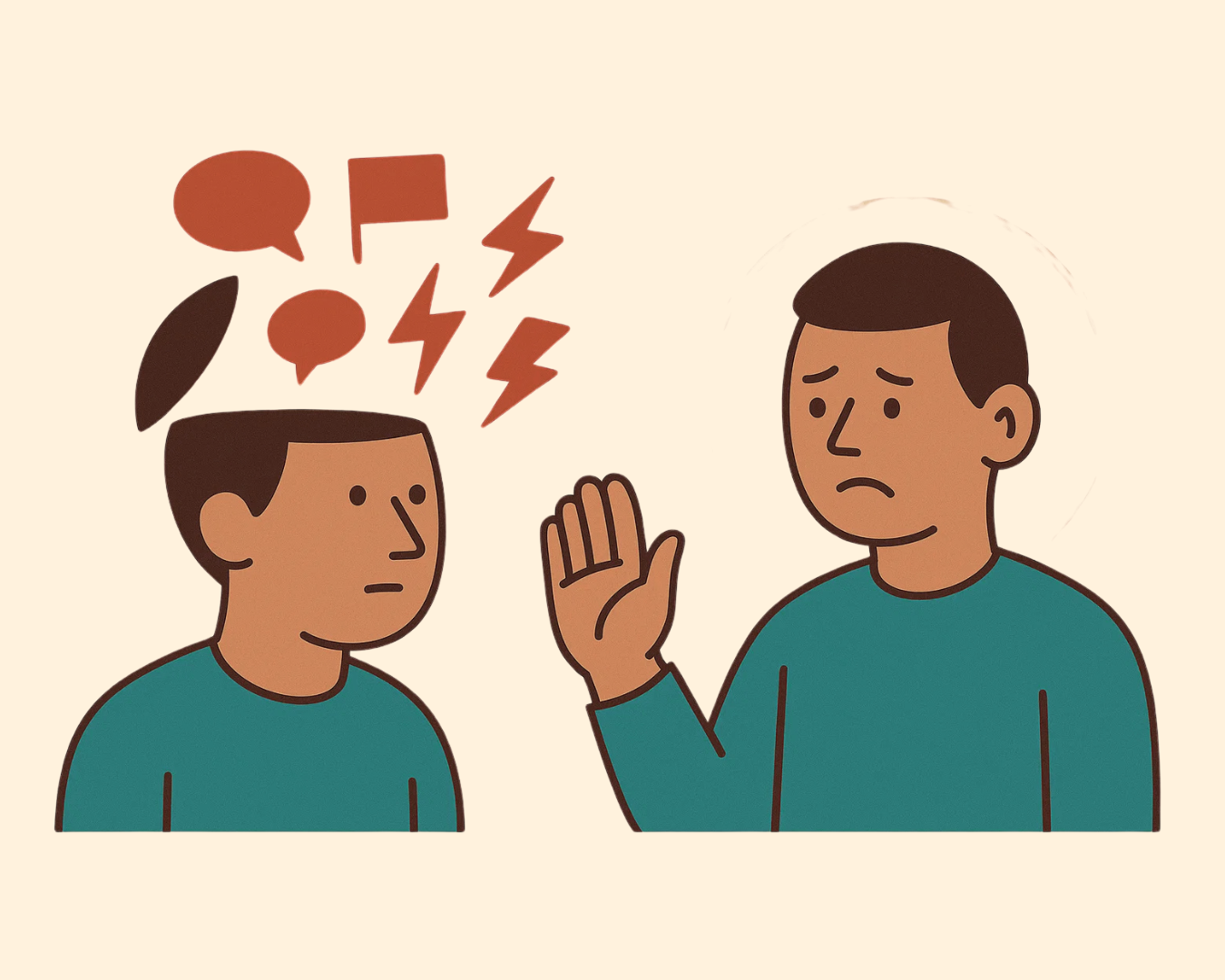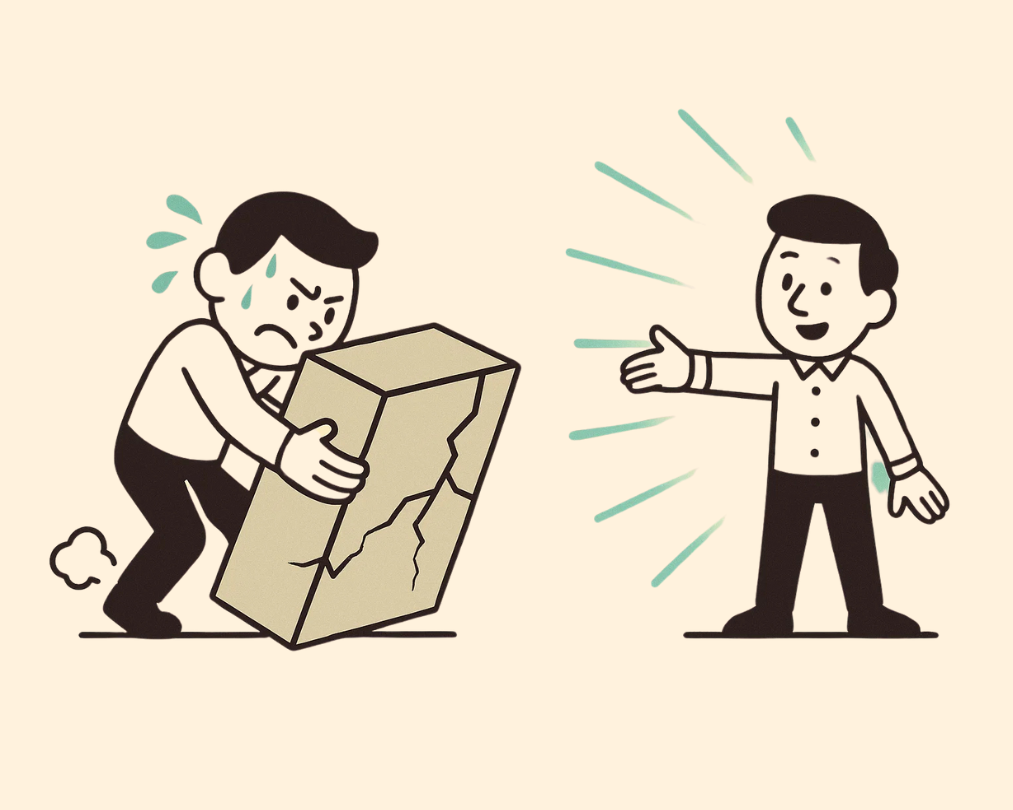This article is part of the Raising Critical Thinkers series — a practical guide for parents who want to raise sharper, more independent minds in a noisy, digital world.
Intelligence and clear thinking aren’t the same thing
Parents of bright children often assume they’ll be immune to bad ideas. After all, they read early, argue well, and test above their age level. But intelligence doesn’t always lead to clarity. In fact, smart kids can be especially vulnerable to certain kinds of distorted thinking.
Why? Because smart minds are fast. They’re persuasive. They’re good at finding justifications. But critical thinking isn’t about how quickly you can defend a belief—it’s about how carefully you arrived at it.
In a world of strong opinions and viral nonsense, the ability to explain an idea is less important than the ability to interrogate it. That’s where critical thinking comes in.
Why clever children still fall for bad ideas
Smart kids are often praised for having answers. But this can create a kind of intellectual performance anxiety: they want to sound right, even when they’re not sure. That pressure can short-circuit reflection. It makes doubt feel like weakness instead of wisdom.
They’re also good at pattern recognition, which means they can easily spot the logic in conspiracy theories or the emotional appeal of tribal narratives. Add peer influence or online validation, and the illusion of understanding hardens into certainty.
Worse, adults may hesitate to challenge them, mistaking fluency for depth. What looks like clarity can just be confidence with polish.
The mental habits that protect smart kids from bad thinking
1. Normalise “I don’t know.”
Children need to learn that not knowing is a strength, not a weakness. Model it: That’s a good question—I’m not sure, let’s look it up. This builds intellectual humility.
2. Reward curiosity, not correctness.
Praise thoughtful questions more than quick answers. Encourage your child to follow rabbit holes, change their mind, and explore what challenges them.
3. Teach them to argue both sides.
This isn’t just a debate trick—it’s a thinking tool. Ask: If you had to defend the opposite view, how would you do it? It forces perspective-taking and weakens ideological rigidity.
4. Introduce cognitive bias early.
Smart kids can rationalise almost anything. Help them spot the shortcuts: confirmation bias, sunk-cost thinking, groupthink. When they learn to notice bias in themselves, they sharpen their judgment.
5. Help them ask: Where did this idea come from?
Encourage them to trace claims back to their source. Was it a friend? A YouTuber? A headline? This trains discernment and builds resistance to misinformation.
Intelligence is a tool; discernment is a discipline
It’s tempting to think a bright child will “figure it out.” But smart people don’t always think better—they often just argue better. They win debates, but not necessarily the truth.
Discernment takes practice. And it’s not about distrust—it’s about slowing down the leap to belief. Helping your child pause before they post, ask before they argue, and reconsider before they react.
That’s not anti-intellectual. It’s the highest form of intellectual responsibility.
FAQs on helping smart kids think clearly
Why are intelligent children more likely to believe extreme or strange ideas?
Because they can defend them. Smart kids are often persuasive and curious, but without strong habits of reflection, they can drift toward ideas that sound clever but aren’t grounded in truth.
Should I correct my child when I think they’re being intellectually arrogant?
Yes—but gently. Ask questions instead of arguing. Help them slow down and examine their thinking. Model humility and openness in your own views.
Isn’t challenging a smart child’s beliefs discouraging?
Not if done with respect. Encouraging deeper thinking is a sign of trust. It shows that you believe they can handle complexity, not just perform competently.
Further reading
The Intelligence Trap by David Robson
Explores why smart people make foolish decisions—and how to develop wiser thinking habits that go beyond IQ.
Why Smart People Can Be So Stupid edited by Robert J. Sternberg
A collection of essays on the disconnect between intelligence and judgment, with insight into education and child development.
How Minds Change by David McRaney
An engaging look at belief, persuasion, and what it takes to truly rethink our assumptions.
The Righteous Mind by Jonathan Haidt
A powerful exploration of moral psychology and why people (including bright kids) often believe what aligns with their tribe, not with evidence.
Read other articles in this series:
